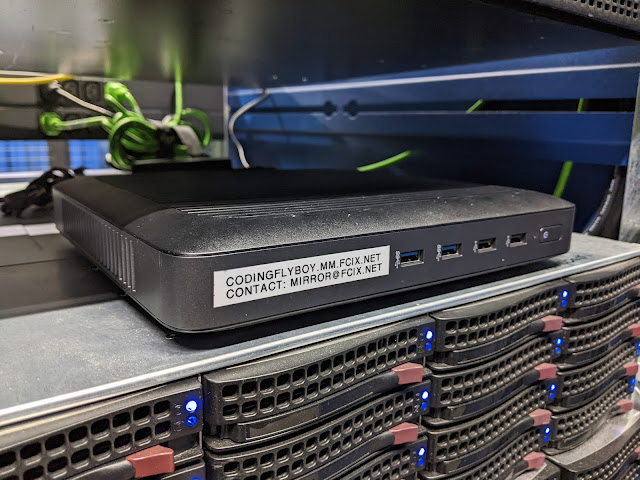Laptop Battery Care
First off, in case you didn't already know, rechargeable batteries will wear out. Thats why after 3 years your cell phone doesn't seem to last as long as it used to, and even worse with cordless phones that get used for decades. Over time the batteries inside these devices just can't hold as much of a charge.
So there's a myth/mentality floating around that the best way to extend the life of these batteries was to always make sure to discharge the battery all the way so it doesn't "forget" how much energy it can put out. At one point this was true, but not any more. Most new batteries (Lithium-ion) operate differently than when this was true. As you discharge new batteries, the farther you go, the more you damage it. So to get the best life you want to charge your phone/laptop/etc as often as possible.
The one hangup with this is that if the battery never gets discharged, the battery sensor never gets calibrated and will do the annoying thing of dropping to low battery and stay there for a long time. So to get the best of both worlds, when you get your new laptop, first thing you do is run it all the way down. Don't worry because once the battery gets low enough your computer will go into hibernate (usually, no guarantee) and you can just plug it in and get everything back that you were working on. After draining it this first time, you should be calibrated, so try and keep your batteries charged as much as possible from then on.
The last note on this subject is that if you're putting batteries into long-term storage, it's been found it's good to store them partially discharged. I'm blanking on the number right now but it's either 30% or 70%.
So there's a myth/mentality floating around that the best way to extend the life of these batteries was to always make sure to discharge the battery all the way so it doesn't "forget" how much energy it can put out. At one point this was true, but not any more. Most new batteries (Lithium-ion) operate differently than when this was true. As you discharge new batteries, the farther you go, the more you damage it. So to get the best life you want to charge your phone/laptop/etc as often as possible.
The one hangup with this is that if the battery never gets discharged, the battery sensor never gets calibrated and will do the annoying thing of dropping to low battery and stay there for a long time. So to get the best of both worlds, when you get your new laptop, first thing you do is run it all the way down. Don't worry because once the battery gets low enough your computer will go into hibernate (usually, no guarantee) and you can just plug it in and get everything back that you were working on. After draining it this first time, you should be calibrated, so try and keep your batteries charged as much as possible from then on.
The last note on this subject is that if you're putting batteries into long-term storage, it's been found it's good to store them partially discharged. I'm blanking on the number right now but it's either 30% or 70%.

